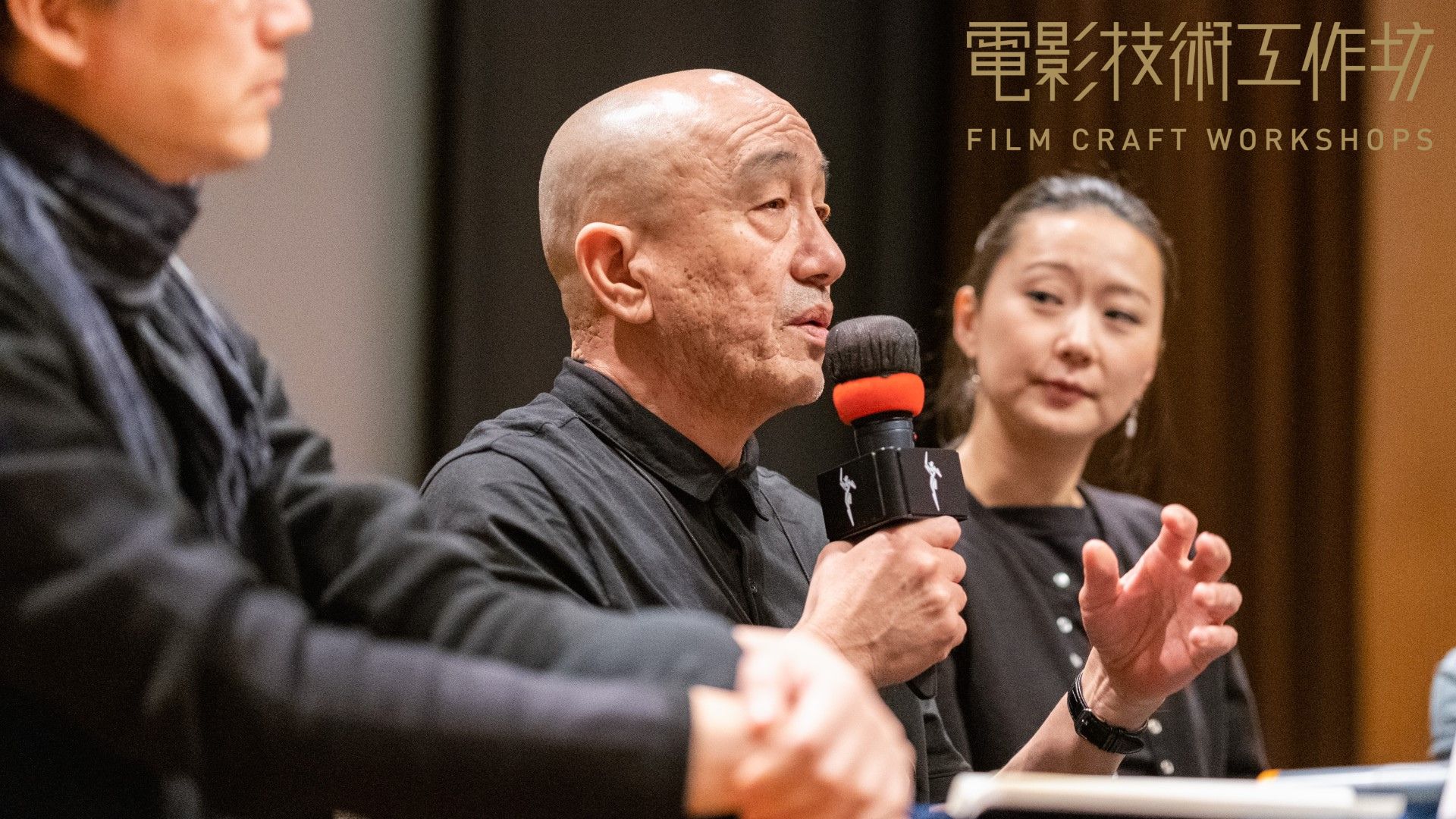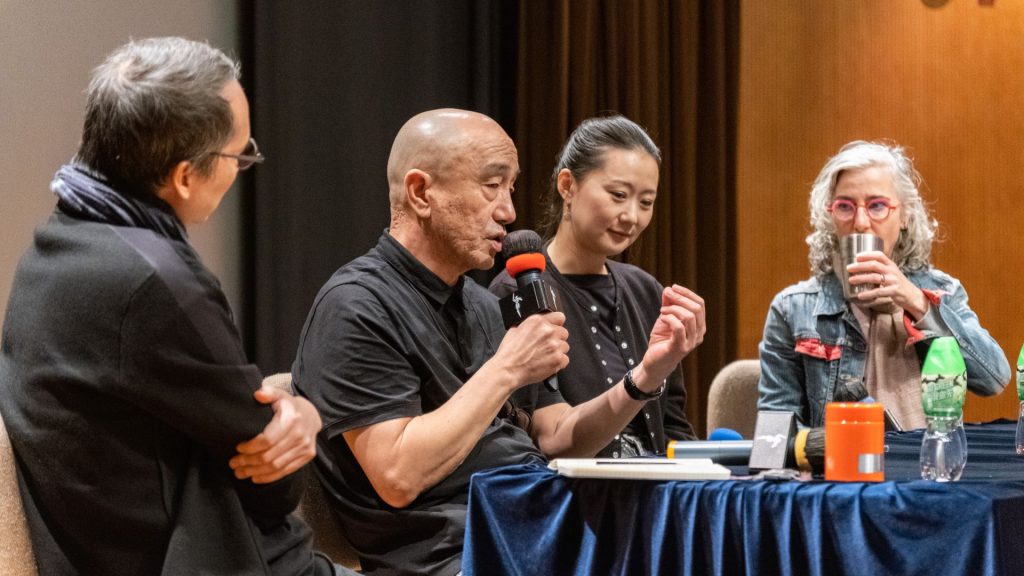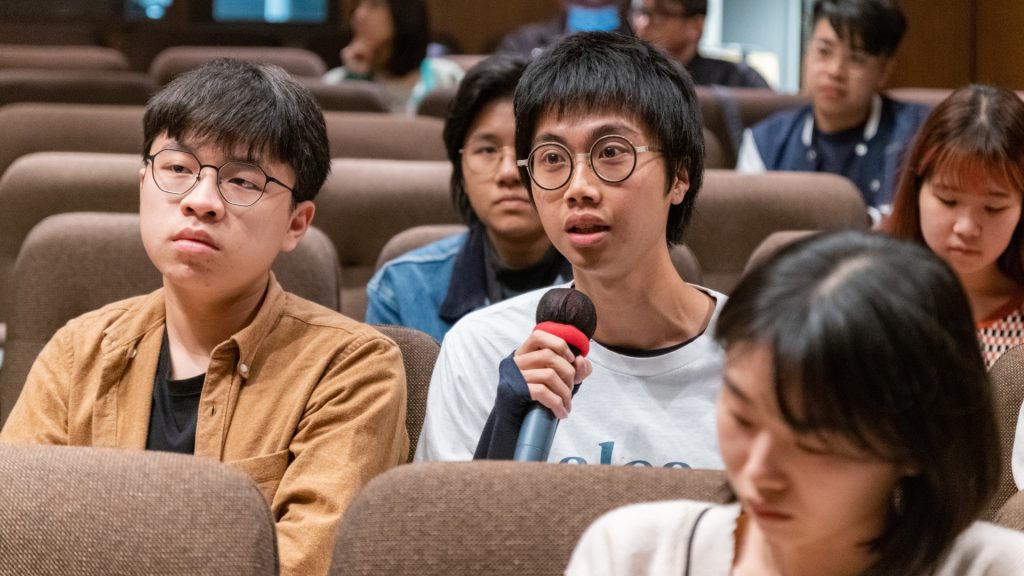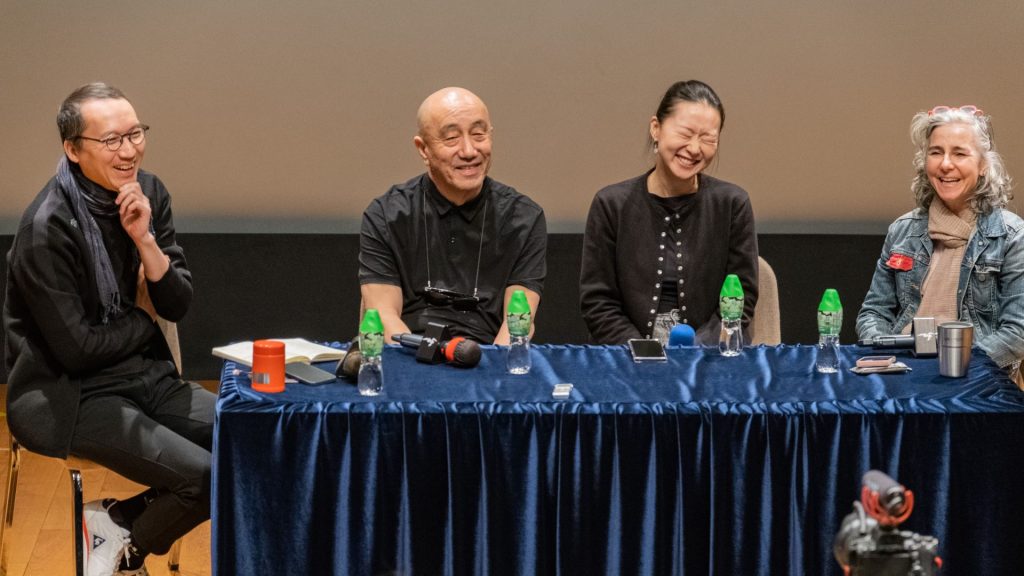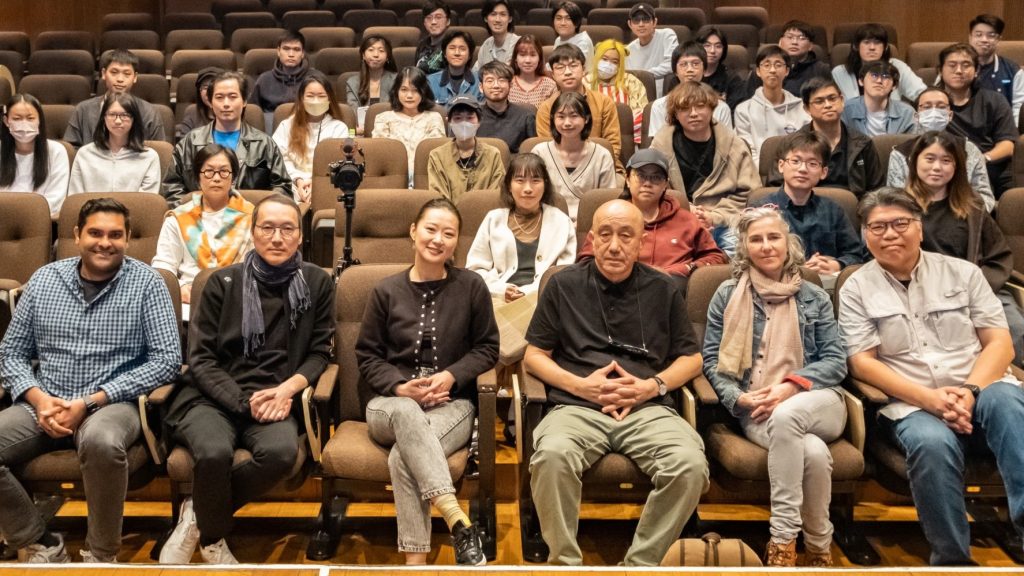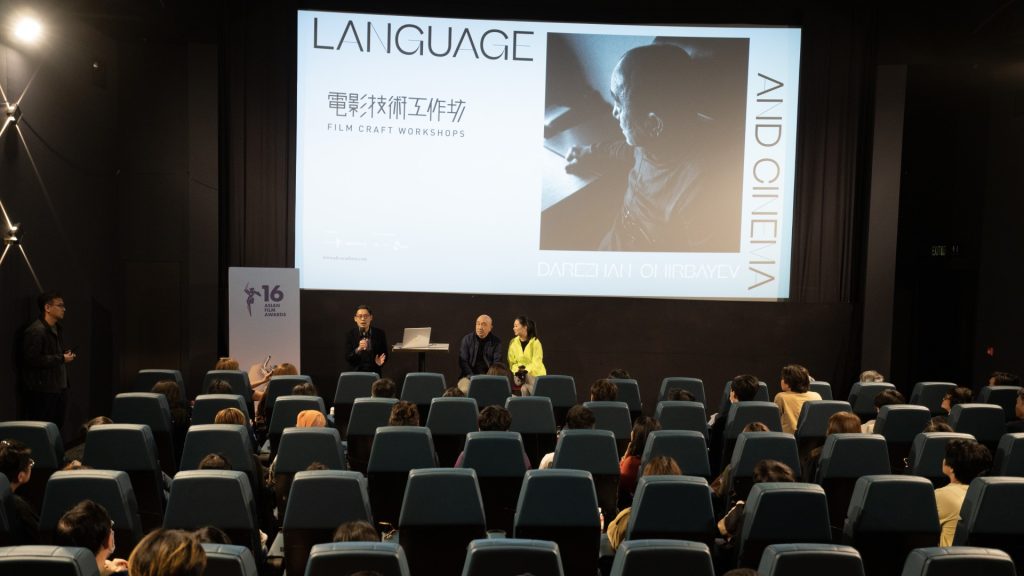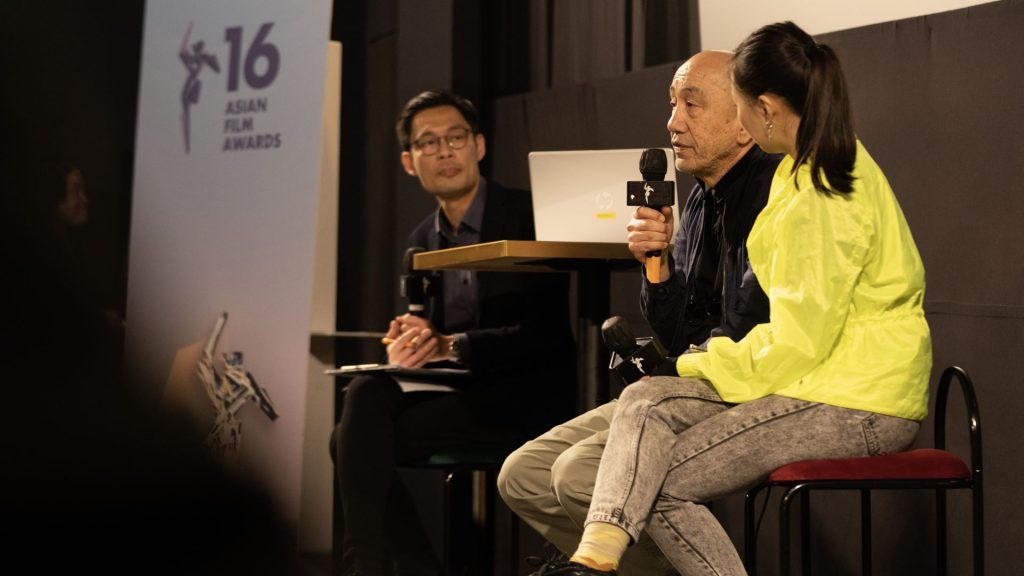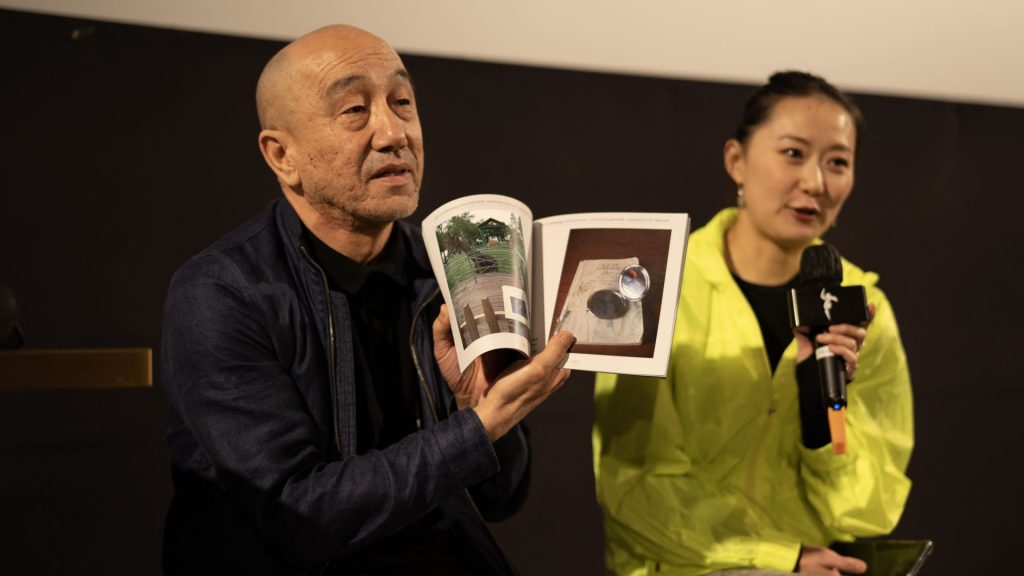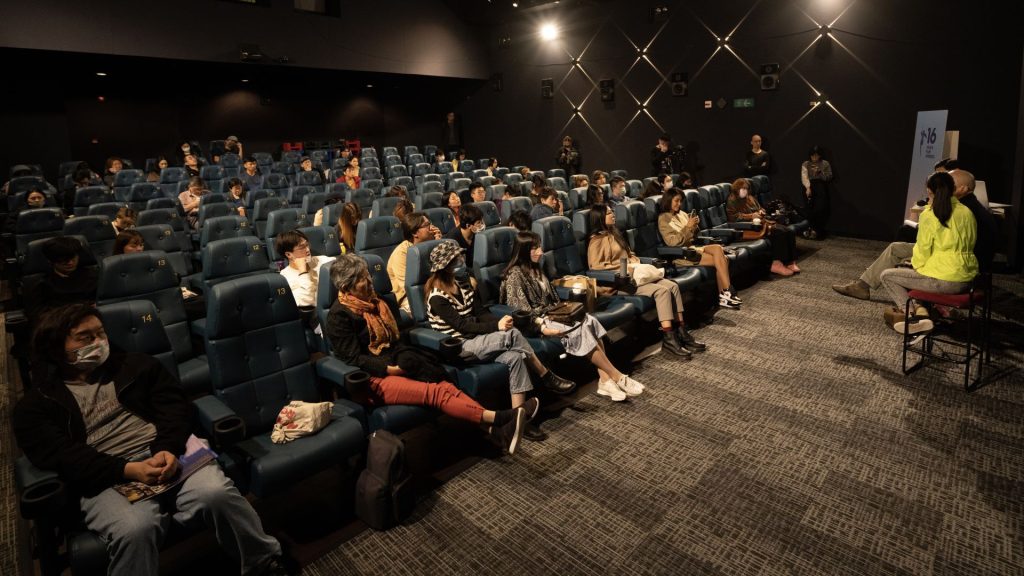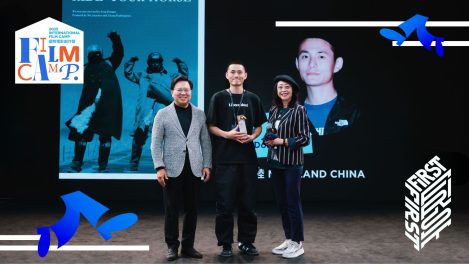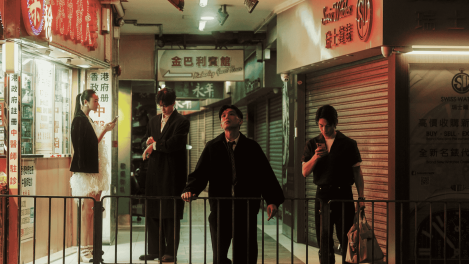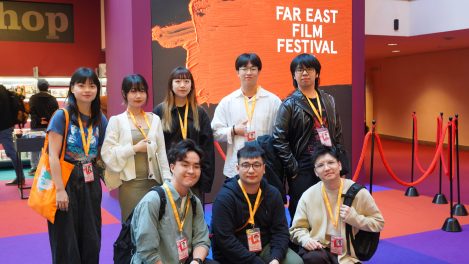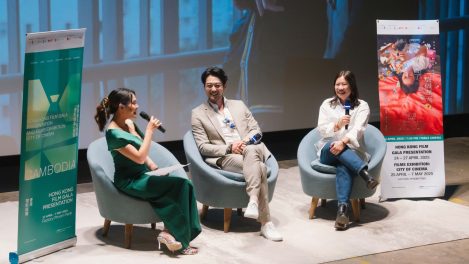From Shuga (2009), an adaptation of the Russian literary masterpiece Anna Karenina, to Poet, a film based on “The Author’s Evening”, a short story by Nobel Laureate Herman Hesse, Darezhan OMIRBAYEV’s film language is full of literary traces. Speaking of the influence of literature on his filmmaking, the director said that while reading is good, it can be dangerous as it renders the readers slaves to the abstract construction in their heads. By adapting the novel into a film, Darezhan OMIRBAYEV uses the language of cinema to materialize the intangible literary imaginary so that he can avoid the dilemma of being devoured by the abstract swirl of literature.
From the use of film as a vehicle for classical literature to the use of non-professional actors, Darezhan OMIRBAYEV’s pursuit of realism in film is deeply influenced by the French auteur Robert Bresson. Unlike literature and theater, film is an art form that is close to material reality. Bresson’s austere and natural cinematic language encourages him to pursue filmmaking without the embellishment of acting or theatrical traditions. Even when he uses professional actors in his films, he shoots them as if they were ordinary people.
Apart from the language of cinema, the director is greatly concerned with the language of an ethnic community. “You can kill a director by stopping watching his film; you can kill a poet by stopping reading his poetry”. Poet is a story about the plight of two generations of Kazakh poets who are losing their voices, the Kazak. Under the trend of linguistic globalization and the rise of modern technologies, Kazakhstan is adopting English as its new main language. In the face of this overwhelming reality, Darezhan OMIRBAYEV decides to capture it on camera.

